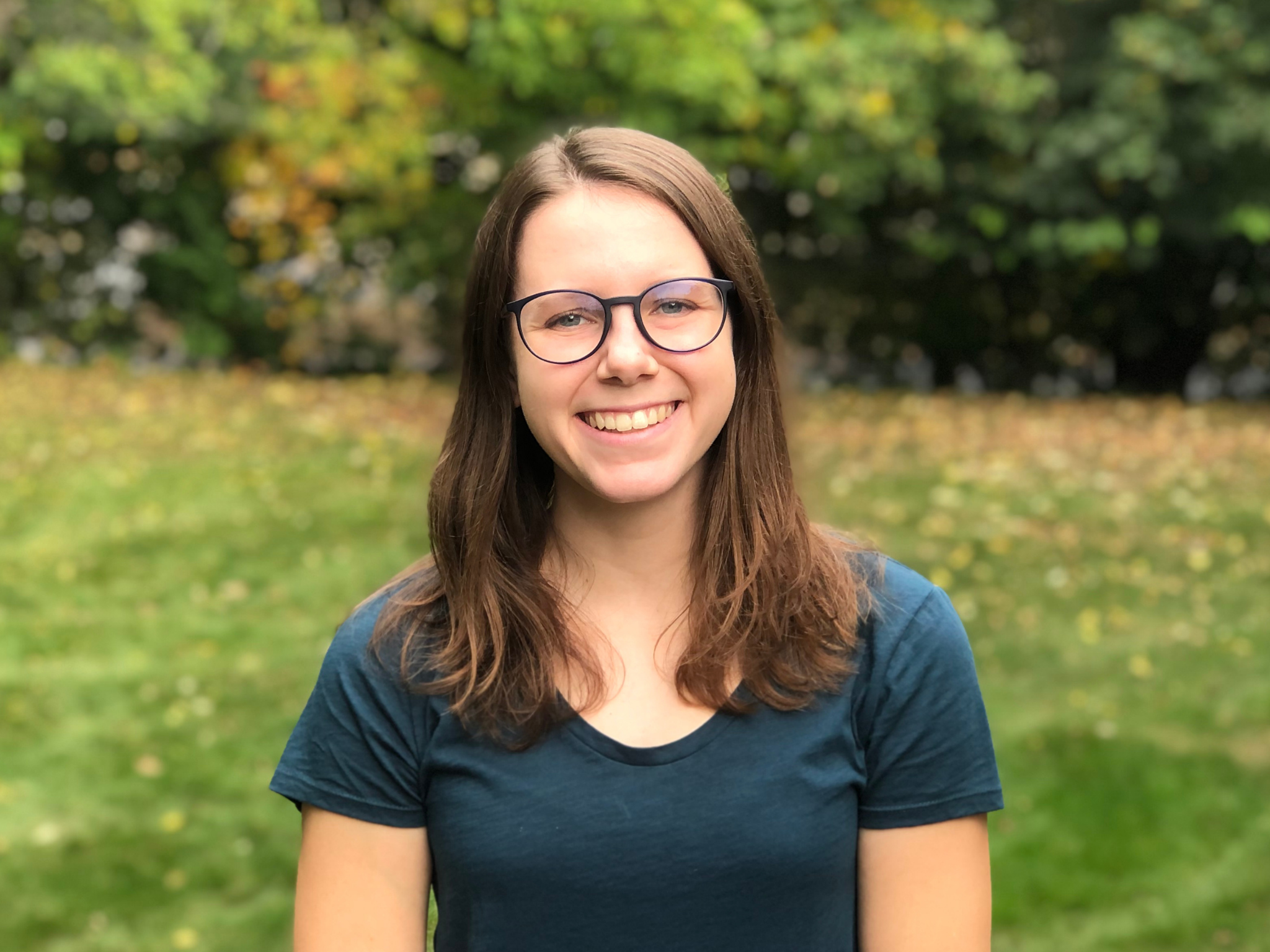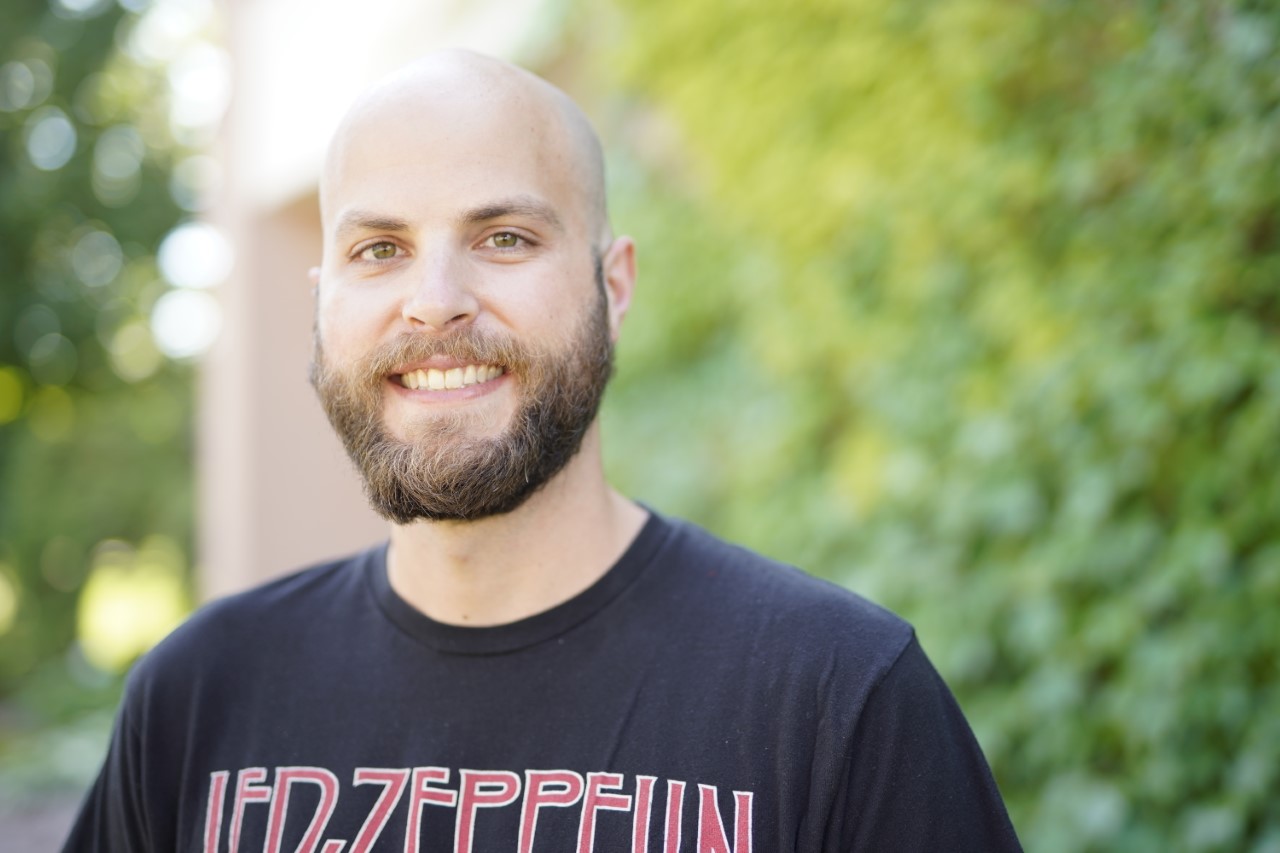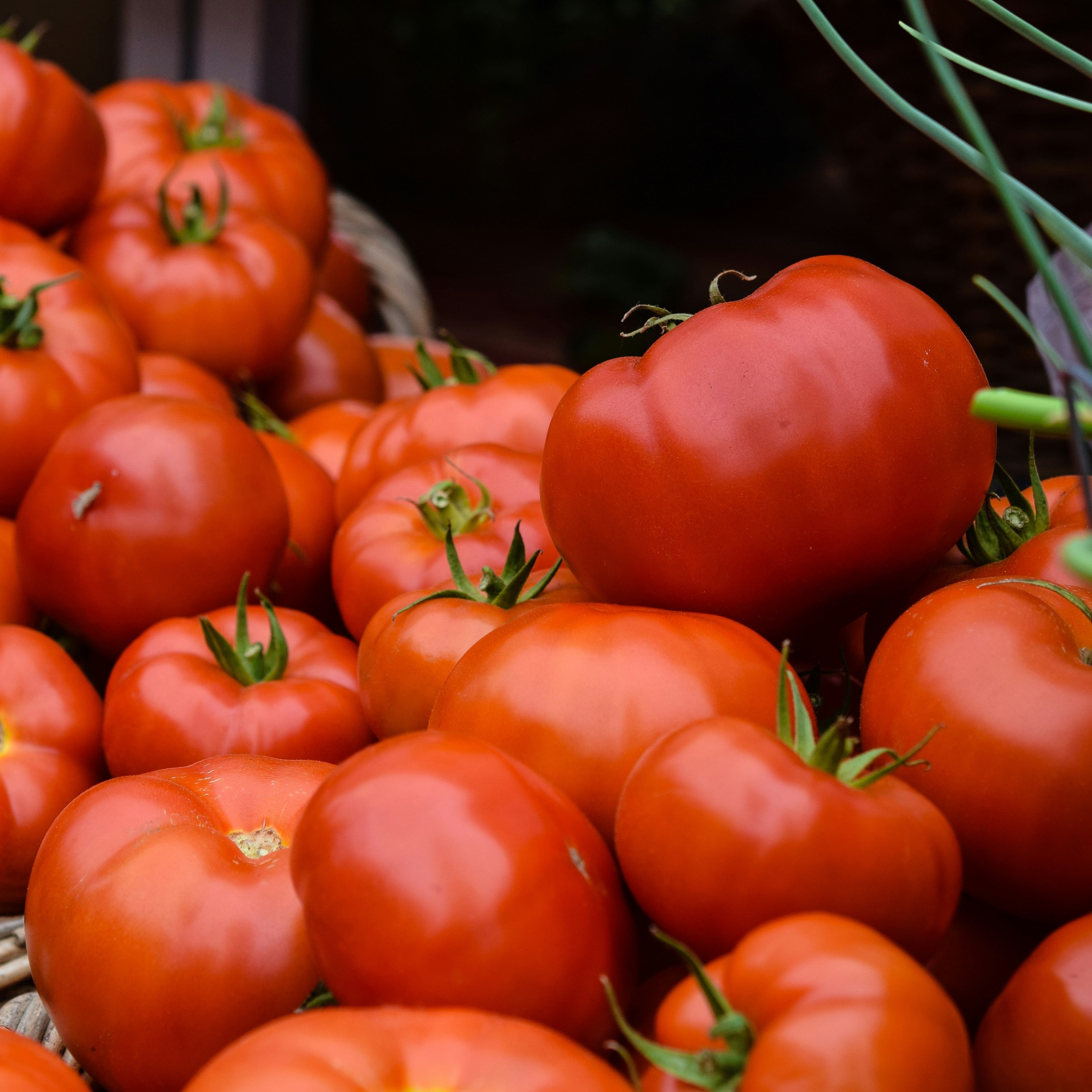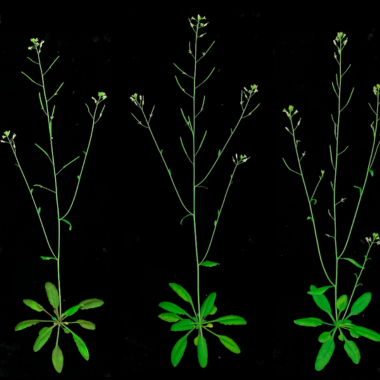MPS graduate students chosen for 2022 NRT-IMPACTS Fellowship cohort
Three MPS graduate students – Duncan Boren, Jenny Schuster and Josh Temple – were chosen for the 2022 cohort of the NRT-IMPACTS fellowship program.
IMPACTS - Integrated training Model in Plant And Compu-Tational Sciences – is a program funded by the National Science Foundation designed to train doctoral students in advanced computational/data science approaches that can be applied to the field of plant biology. The program provides mentorship and funding to the students selected.
“I am very glad that Duncan, Jenny and Josh will have this great opportunity to advance their skillsets in computational and data science, which will benefit their research and future career tremendously,” said Jianping Hu, director of the MPS program.
Duncan Boren
Duncan Boren is a graduate student in the Department of Biochemistry and Molecular Biology (BMB) and the MPS program. He works in the lab of Josh Vermaas, assistant professor in BMB and the MSU-DOE Plant Research Laboratory (PRL). Duncan will be co-mentored Chih-Li Sung, assistant professor in the Department of Statistics and Probability.
.png)
By Kara Headley
He was drawn to the program because it is orientated specifically around plant science research with computational elements. The Vermaas lab specializes in using computational simulation tools in plant biology research, and as a member of this lab, Duncan felt the fellowship program fit well with his studies.
Duncan’s project will build on a recent research collaboration with Thomas Sharkey’s lab, where they tested isoprene binding to randomly selected human and Arabidopsis proteins. They found that the proteins preferred to bind with the Arabidopsis proteins.
For the IMPACTS fellowship, Duncan will expand on this research using molecular simulations and docking techniques to look at hundreds of small molecules to see how many prefer to bind with plant proteins as opposed to animal ones and if different plants are susceptible to the same molecules.
“Computational biochemistry is a field that I think will be much larger in the future and being able to meet with other students who are interested in that narrow focus is exciting,” Duncan said. “It’s nice to have people to talk about my research with and get help and support.”
Jenny Schuster
Jenny Schuster is a graduate student in the Cell and Molecular Biology and MPS programs. She works in the lab of Robert VanBuren, assistant professor in the Department of Horticulture. She will be co-mentored by Robert and Jianrong Wang, assistant professor in the Department of Computational Mathematics, Science and Engineering.

Courtesy photo
In the VanBuren lab, Jenny works with resurrection plants, desiccation tolerant plants that can survive severe dehydration for months or even years. One of the lab’s goals is to understand the molecular mechanisms that allow these plants to survive long periods of dehydration so that crop plants might be engineered to be able to do the same.
Jenny’s IMPACTS project will look at large data sets the lab has collected and integrate them to develop a more complete picture of molecular function in resurrection plants. She will use machine learning techniques to create models that can predict which genes are important to the plant’s desiccation tolerance. These predicted genes can then be characterized in live plants.
“One thing I like about IMPACTS is that it’s not just plant science students interested in computer science – it’s also computer science students interested in plants,” Jenny said. “You have these two different perspectives that are converging in one program, and I’m excited to learn from the people coming from the other side of things.”
The IMPACTS program works its trainees to develop skills that will assist with career development.
“There’s an opportunity to help organize a symposium through the program, which I would like to be a big part of because there’s a ton of networking possibilities and you get to present your research,” Jenny said. “I think this is an exciting aspect of the program.”
Josh Temple
Josh Temple is a graduate student in Department of Plant Biology and the MPS program. He studies in the lab of David Kramer, professor in BMB and the PRL. Before he started grad school, Josh worked as a laboratory technician in the Kramer lab, where he worked on a collaborative project with ExxonMobil. However, much of the data collected was never published. He hopes to integrate this data with his recent findings published in a research article about the Chlamydomonas carbon concentrating mechanism and pyrenoid morphology.

By David Kramer
For the NRT-IMPACTS project, Josh is teaming up with Rei Doko, a graduate student from the Department of Computer Science and Engineering (CSE). Rei and Josh will be co-mentored by David Kramer and Kevin Liu, assistant professor in CSE.
“I want to look at this data we generated throughout the years and try to find underlying genotypes corresponding to these phenotypes we found in this recent paper,” Josh said. “I’m most excited about learning these new computational modeling techniques to extract more information out of our data.”
Josh is looking forward to learning computational research methods from computer science specialists.
“The NRT-IMPACTS program will give me the opportunity to collaborate with computational scientists that can teach me techniques than are otherwise difficult to comprehend simply by reading papers,” Josh said.



